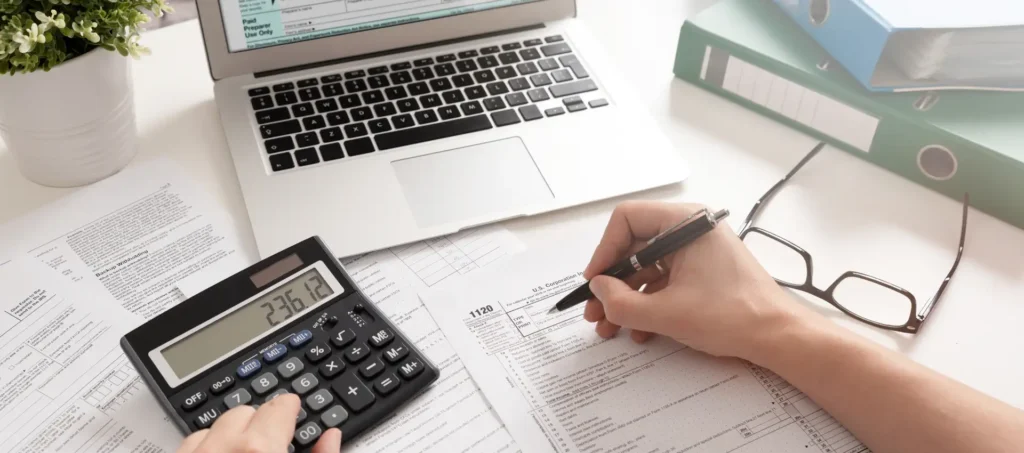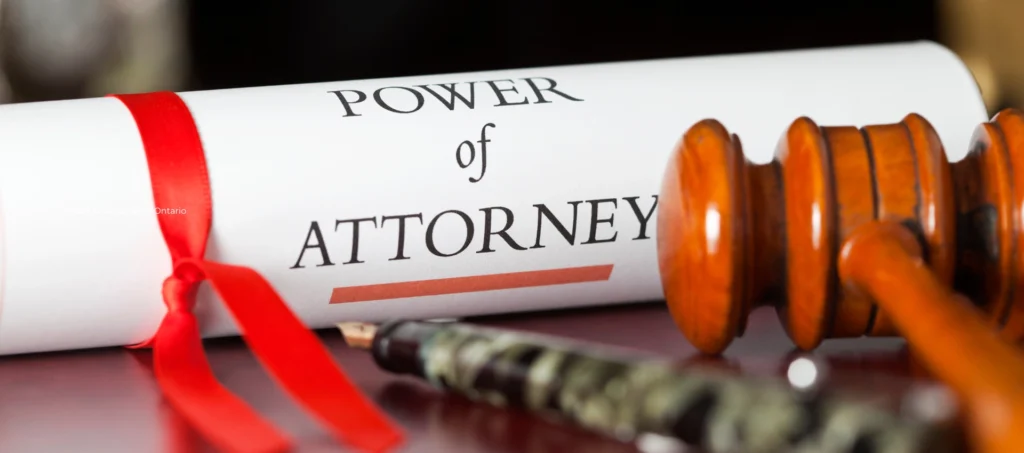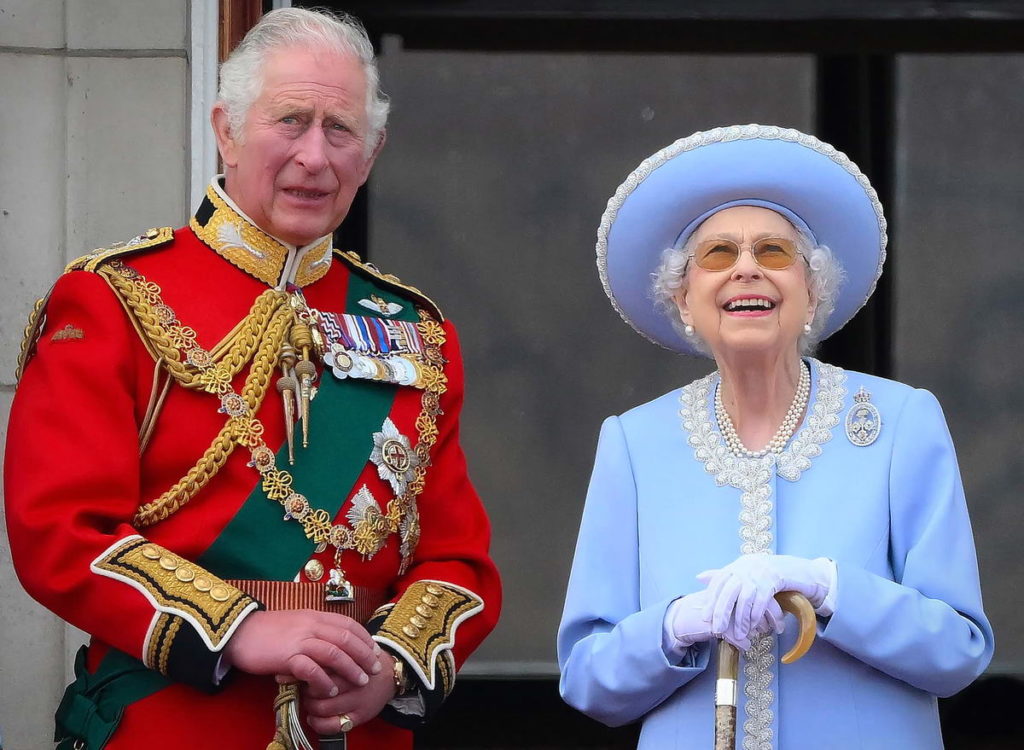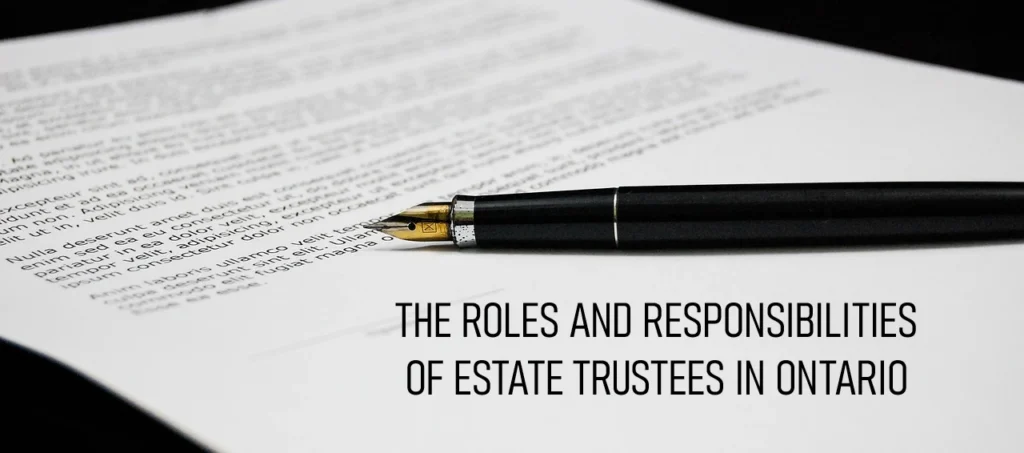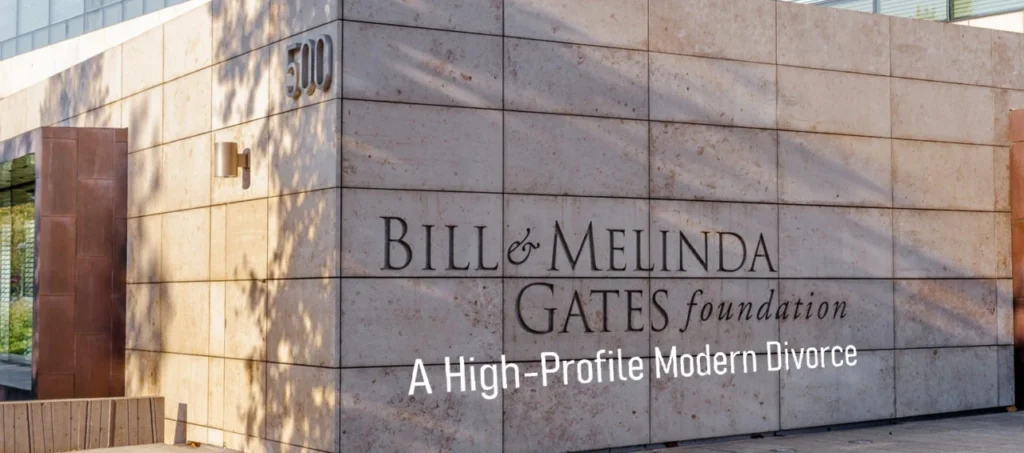Wills and Estates
Our Wills and Estates Services

Wills and Power of Attorney documents

A Will, is a legal document that outlines how your property and personal assets will be distributed upon your death. It specifies your beneficiaries and appoints an executor to manage your estate. While you can create your own Will, it is advisable to seek the help of a lawyer to ensure it meets all legal requirements and accurately reflects your wishes. If you die without a Will, the law will govern the distribution of your property, which may not align with your personal wishes. Your Will does not take effect until you die and does not govern health care decisions while you are alive. You can change or revoke your Will by adding a Codicil or executing a new Will.
A Power of Attorney is a legal document that allows you to appoint someone to make decisions on your behalf if you become incapable of doing so yourself. There are two main types of Power of Attorney: Power of Attorney for Property and Power of Attorney for Personal Care. The former gives your appointed attorney the authority to manage your assets, while the latter allows them to make health-related decisions on your behalf. It is crucial to choose a trustworthy individual as your attorney, as they will have significant control over your affairs in the event of your incapacity.
Probate

Probate is the legal process that an estate executor undergoes to initiate the distribution of a deceased person’s estate. Through probate, the court formally approves the deceased’s Will and grants authority to the executor named in the Will to handle the estate. The executor is responsible for managing the deceased’s property and affairs, ensuring that the conditions in the Will are carried out and the assets are transferred to the beneficiaries. If the deceased died without a Will or the named executor cannot perform their duties, the court may appoint someone to act as the executor.
Probate is typically necessary when the estate contains real property, the person died without a Will, or the bank requires proof of a beneficiary’s right to their inheritance before releasing funds. However, there are legal ways to avoid probate or reduce the assets that attract probate, such as joint tenancies, trusts, and designated beneficiaries. It is important to seek legal advice to ensure these methods are properly executed.


